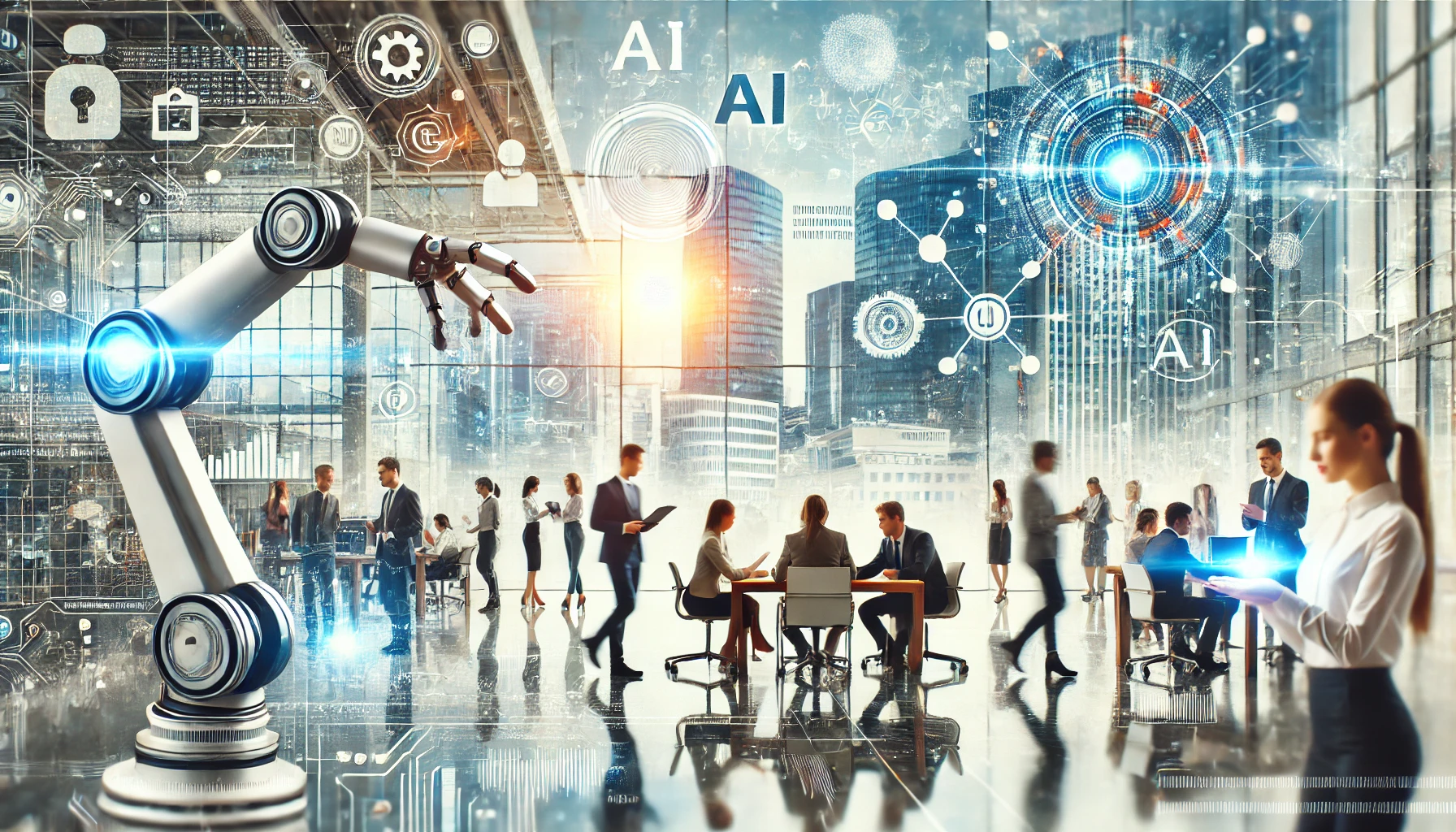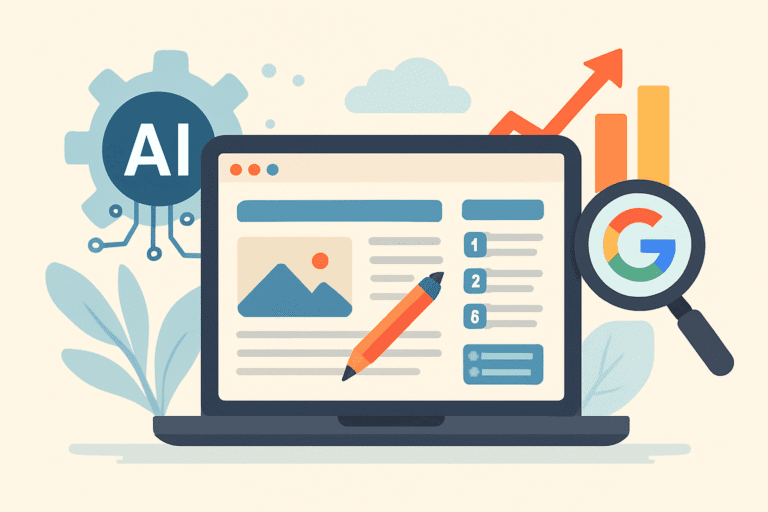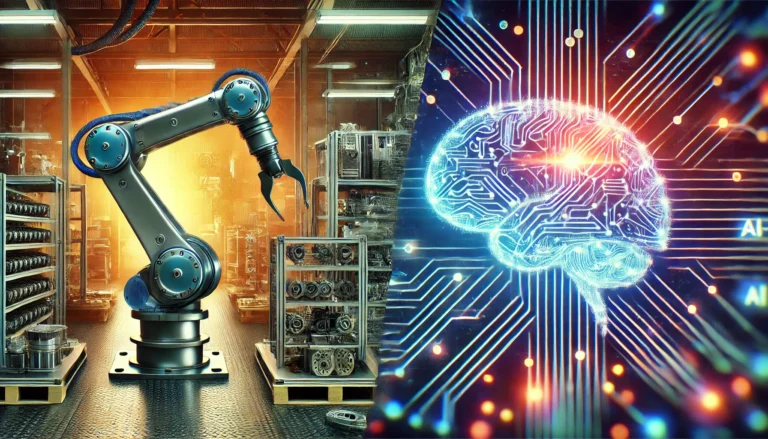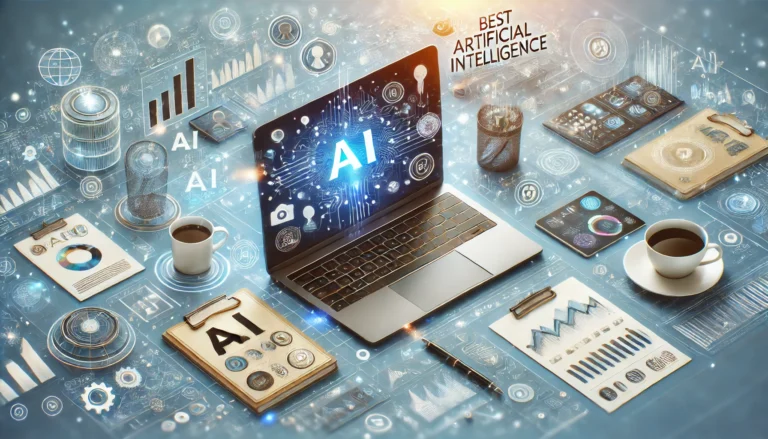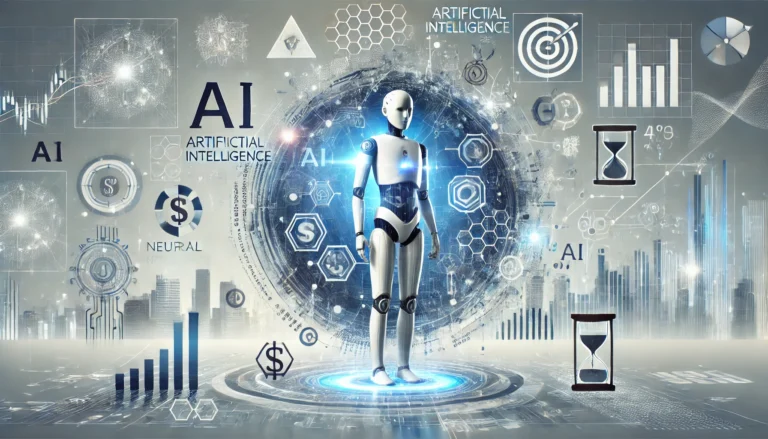How Artificial Intelligence is Transforming the Business World
The technological revolution is underway, and one of its main driving forces is Artificial Intelligence (AI). As companies seek new ways to increase efficiency, improve decision-making, and personalize the customer experience, AI has emerged as one of the most promising and disruptive solutions. This article explores how artificial intelligence is transforming the business world, discussing its applications, benefits, and the challenges companies face when adopting this technology.
What is Artificial Intelligence?
Artificial intelligence refers to the ability of machines or computer systems to perform tasks that, until now, required human intelligence. This includes areas like natural language processing, pattern recognition, machine learning, big data analysis, and the automation of complex processes. AI consists of advanced algorithms that can learn from data, identify patterns, and improve their performance over time.
Process Automation and Operational Efficiency
One of the most significant impacts of AI in the business world is process automation. AI enables companies to automate repetitive tasks, such as data processing, customer service, digital marketing, and even product manufacturing. This not only reduces operational costs but also increases efficiency, allowing employees to focus on higher-value tasks, such as innovation and strategy.
The use of chatbots and virtual assistants in businesses is a concrete example of how automation is revolutionizing customer service. These systems can answer frequently asked questions, resolve simple problems, and even carry out transactions without human intervention, 24 hours a day.
Improved Decision-Making
Another fundamental benefit of AI for businesses is its ability to improve decision-making. With the growing amount of data generated daily, manual analysis has become impractical. AI-based tools, such as machine learning algorithms, can analyze large volumes of data in real time, identify trends, predict behaviors, and provide valuable insights.
For example, in the financial industry, AI algorithms are used to predict market fluctuations, help identify fraud, and optimize investment portfolios. In the logistics sector, AI is used to optimize transportation routes, predict product demand, and manage inventories more efficiently.
Personalizing the Customer Experience
Personalization is one of the main focuses of AI in marketing and sales. With AI, companies can analyze customer data in real-time to better understand their behaviors, preferences, and needs. This allows for the creation of more targeted and personalized marketing campaigns, improving the customer experience and increasing loyalty.
Companies like Amazon and Netflix use AI algorithms to recommend products and content based on users’ purchase and viewing history, significantly increasing the likelihood of conversion. AI’s ability to anticipate customer needs and provide tailored solutions creates a significant competitive advantage in today’s market.
AI and Innovation in Business Models
Artificial intelligence is not only optimizing existing processes but also creating new business opportunities. AI-driven business models, such as shared economy platforms, personalized subscription services, and AI-focused tech startups, are emerging and gaining popularity.
An example of innovation through AI is the development of autonomous vehicles. Companies like Tesla and Waymo are leading the transformation in the automotive industry, creating cars that use AI to drive autonomously. This is creating new markets and business opportunities, from vehicle manufacturing to the development of software systems and infrastructure support.
Challenges in Implementing AI
Despite the benefits, adopting AI in businesses is not without challenges. Successfully implementing AI requires significant investments in technology, data infrastructure, and employee training. Moreover, many companies face a shortage of AI specialists, making it difficult to integrate the technology effectively into their processes.
Ethics is also a growing concern. The misuse of personal data, biased decisions made by algorithms, and the replacement of jobs by automation are issues that companies must address as they integrate AI into their operations. Clear regulations and guidelines on the ethical use of AI will be crucial to ensuring the technology is used fairly and responsibly.
The Future of AI in Business
Artificial intelligence is already transforming the business world, and its impact will continue to grow in the coming years. Companies that strategically adopt AI will be better positioned to stand out in an increasingly competitive and dynamic market.
In the future, AI is expected to evolve even further, with advancements in areas such as explainable AI, which will make algorithmic decision-making processes more transparent, and general AI, which will allow machines to perform tasks more similarly to humans. As AI becomes more accessible and efficient, the barriers to its implementation are likely to decrease, opening doors to even more transformative innovations.
Conclusion
Artificial intelligence is revolutionizing how companies operate and interact with their customers. From process automation to personalizing the customer experience and improving decision-making, AI offers a vast range of opportunities to increase competitiveness and efficiency. However, it is essential for companies to be prepared to face the ethical and technological challenges that accompany this transformation.

